
Producing impressing results
in unique projects.

The WTE Group has successfully completed over 125 projects – from the design, financing and construction of plants for wastewater treatment and sewage sludge treatment to pipeline construction and the roll-out of digital products for operational management, in Europe and beyond. We adjust our design and implementation to suit the individual requirements of our customers and the specific implementation conditions on site. While the plants differ enormously in terms of materials and technologies used, each one is an expression of our commitment to creating high-quality solutions for sustainable security of supply, even in operational management.
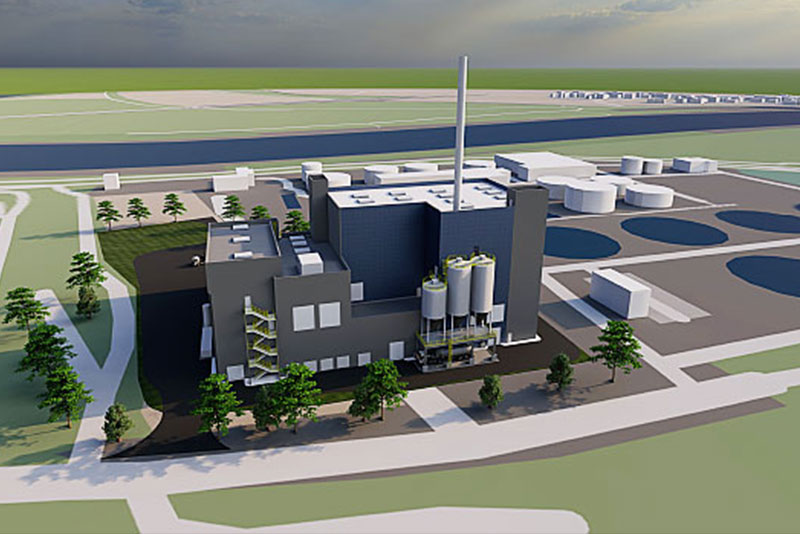
We set up and operate plants in regions with a wide range of settings, including extreme climate or geographic conditions, complicated political relationships and wastewater with especially high chemical load. Our special knowhow and our varied skills help us to design and implement forward-looking and future-proof solutions even under very difficult circumstances – our customers can rely on our technical expertise.
Our projects prioritise human health and respectful treatment of nature. Our reference projects are outstanding examples of a positive impact on the living situation and environmental conditions in their respective regions.
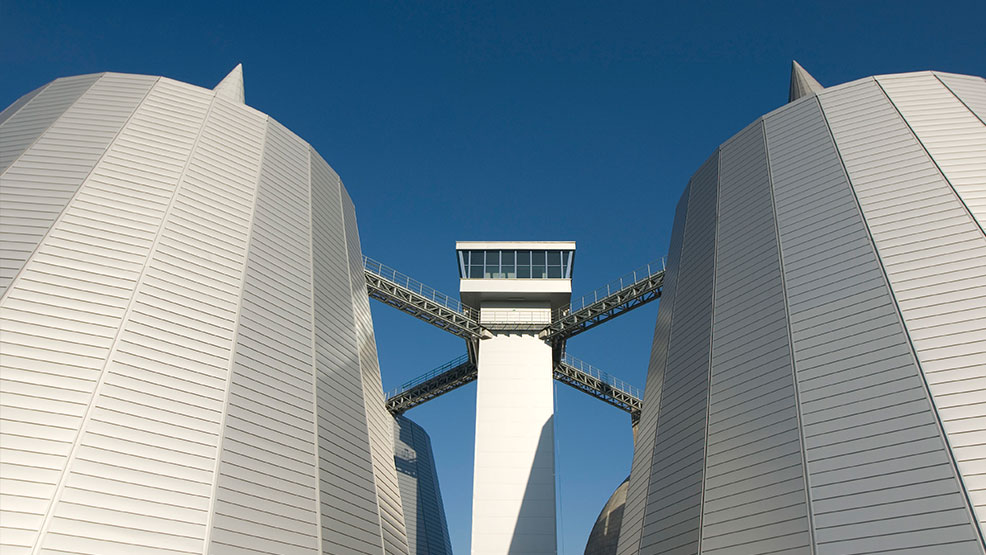
Central waste water treatment, Zagreb
View reference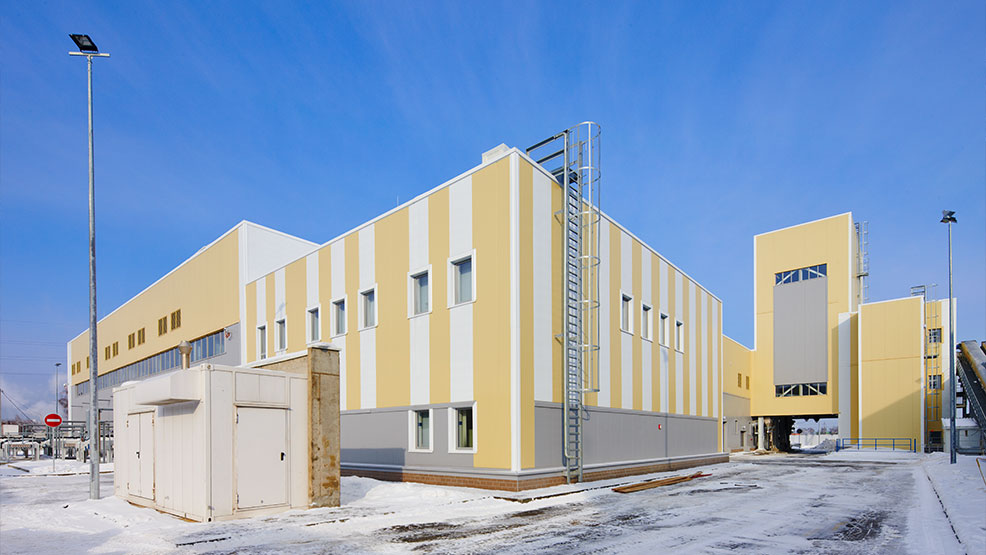
Construction of a combined heat and power plant for sewage sludge drying in Lyubertsy, Russia
View reference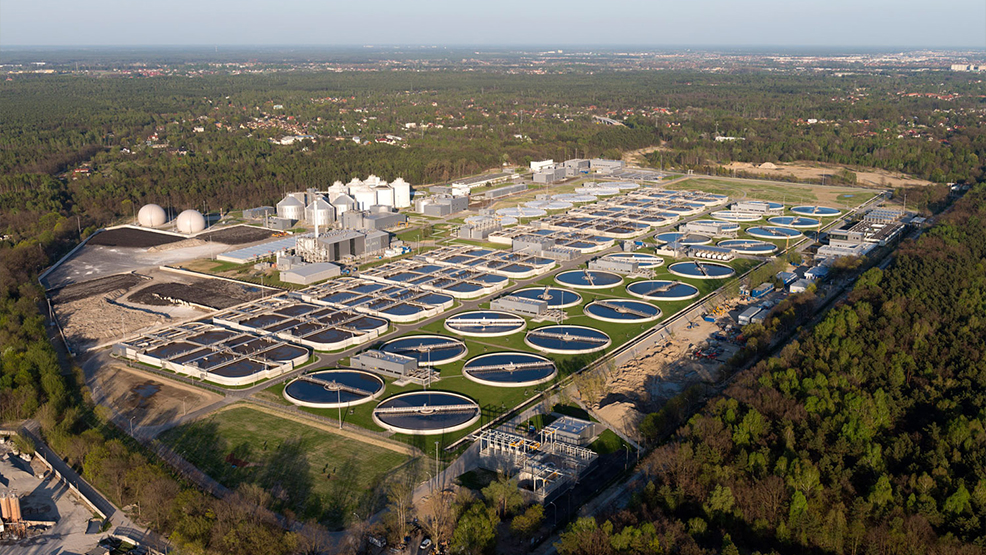
Czajka Wastewater Treatment, Warsaw, Poland
View reference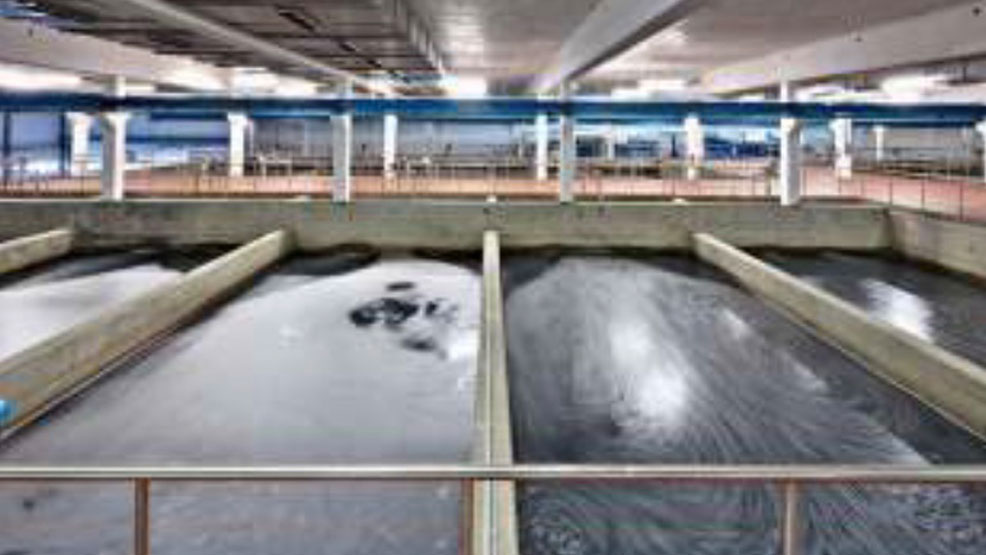
Drinking water plant, Moscow
View reference
Drinking water supply pipe Cluj, Romania
View reference
Drinking water treatment plant Gilau, Romania
View reference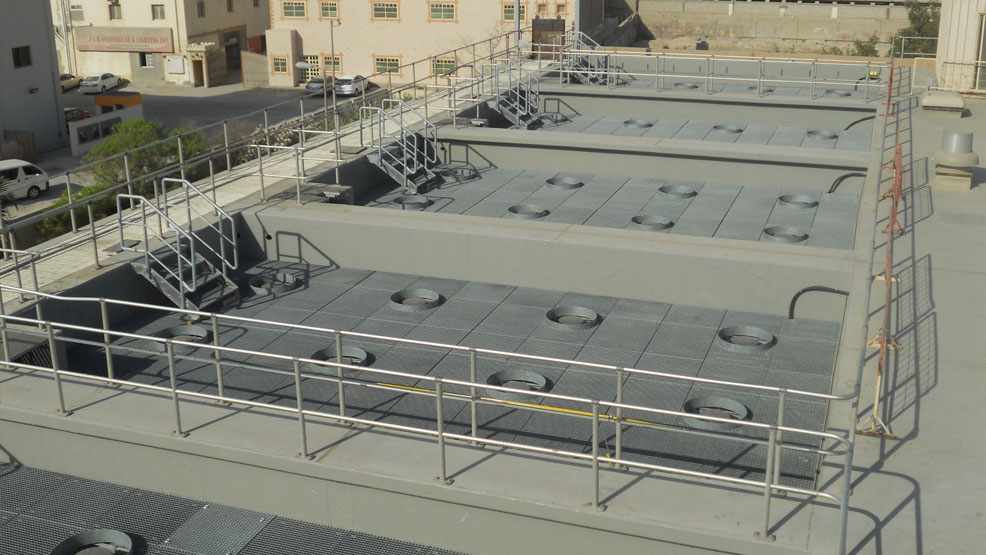
Refurbishment of rapid gravity filters Tubli, Bahrain
View reference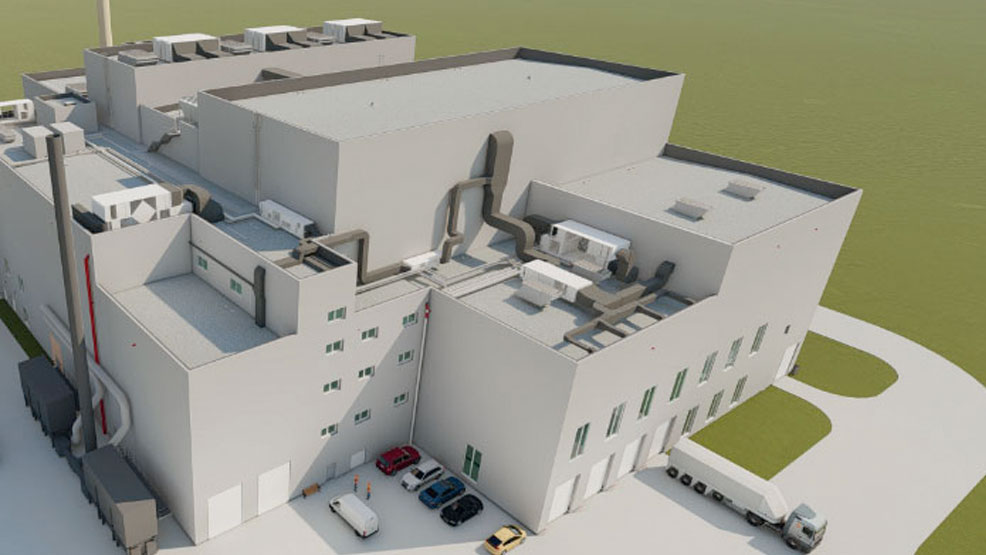
Sewage sludge incineration, Berlin-Waßmannsdorf, Germany
View reference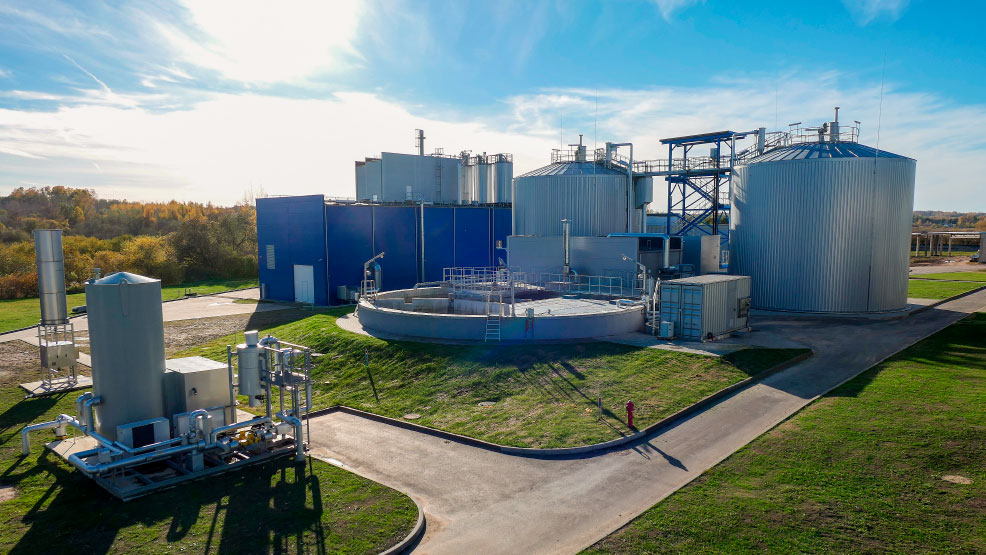
Sewage sludge incineration Utena/Lithuania
View reference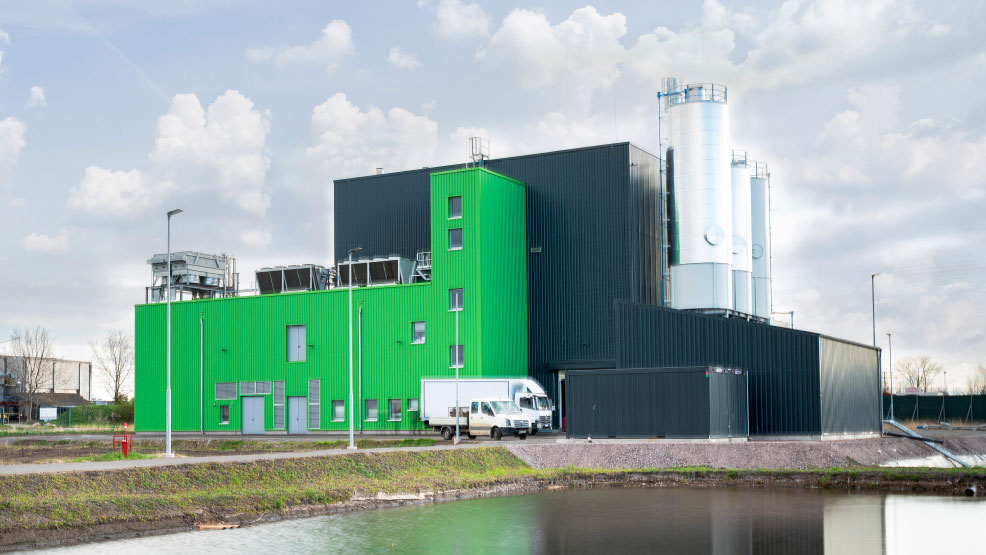
Sewage sludge mono-incineration Halle-Lochau/Germany
View reference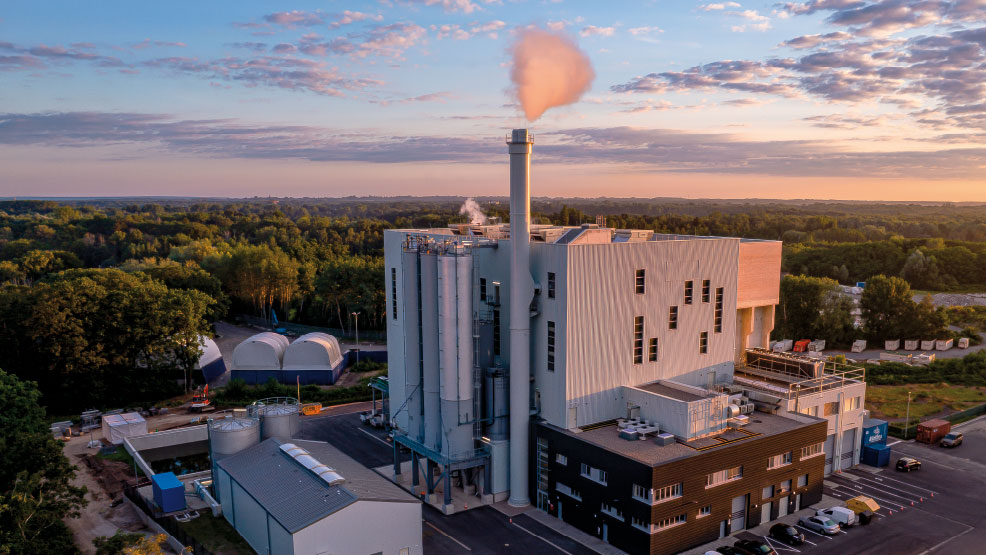
Sewage sludge mono-incineration Hannover-Lahe/Germany
View reference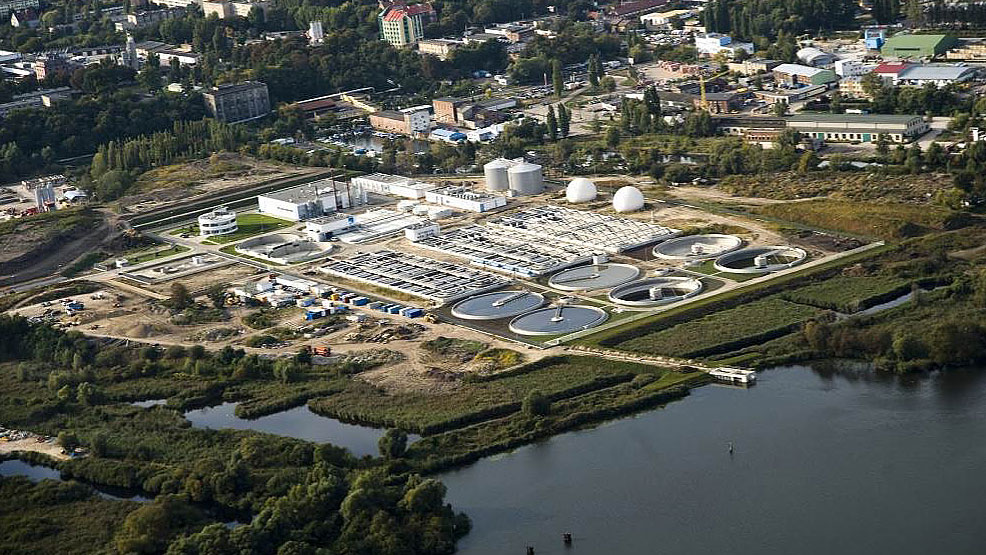
Waste water treatment and sewage sludge incineration Szczecin Pomorzany, Poland
View reference
Wastewater treatment and sewage sludge incineration, Skopje, North Macedonia
View reference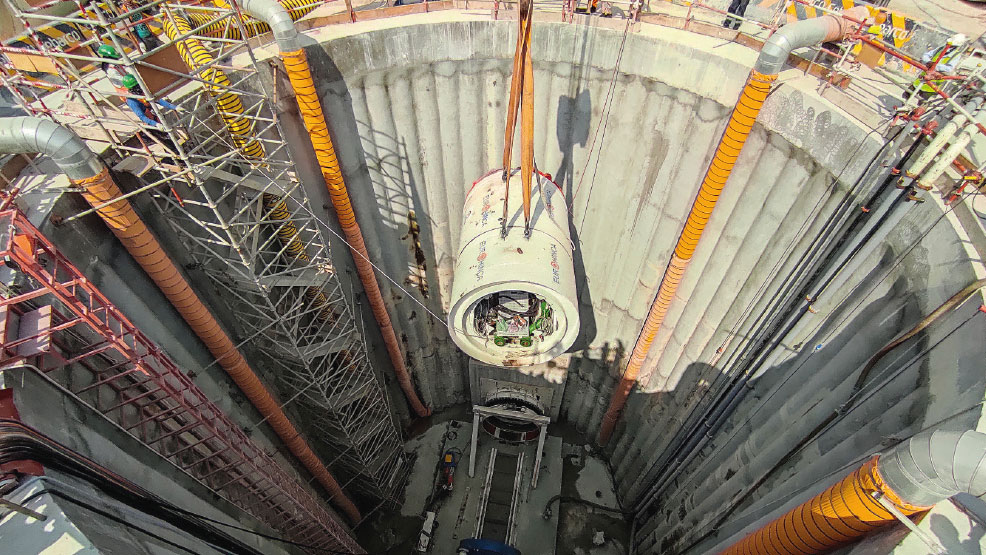
Wastewater treatment and sewage sludge incineration, Tubli, Bahrain
View reference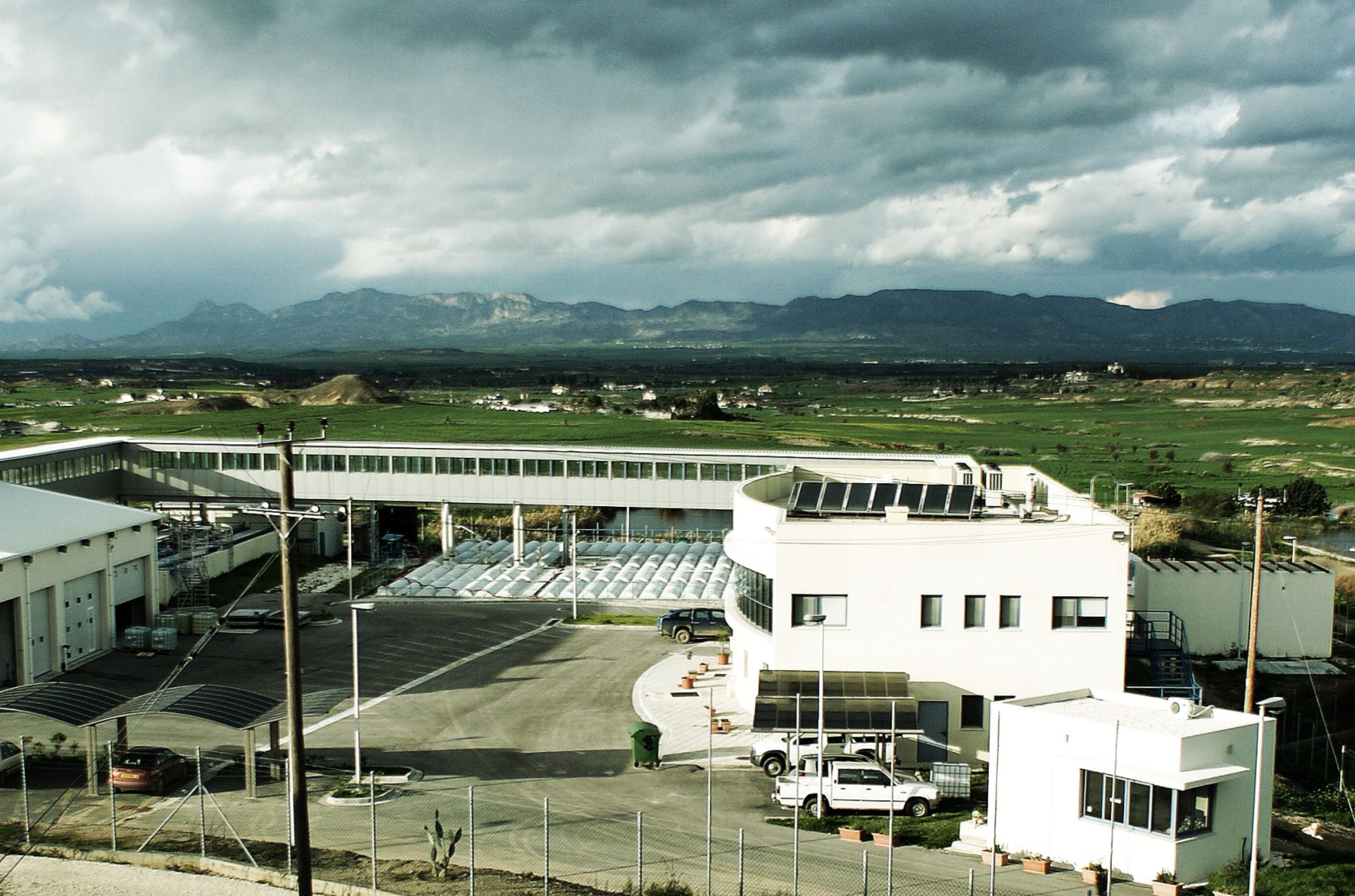
Wastewater treatment Anthoupolis, Cyprus
View reference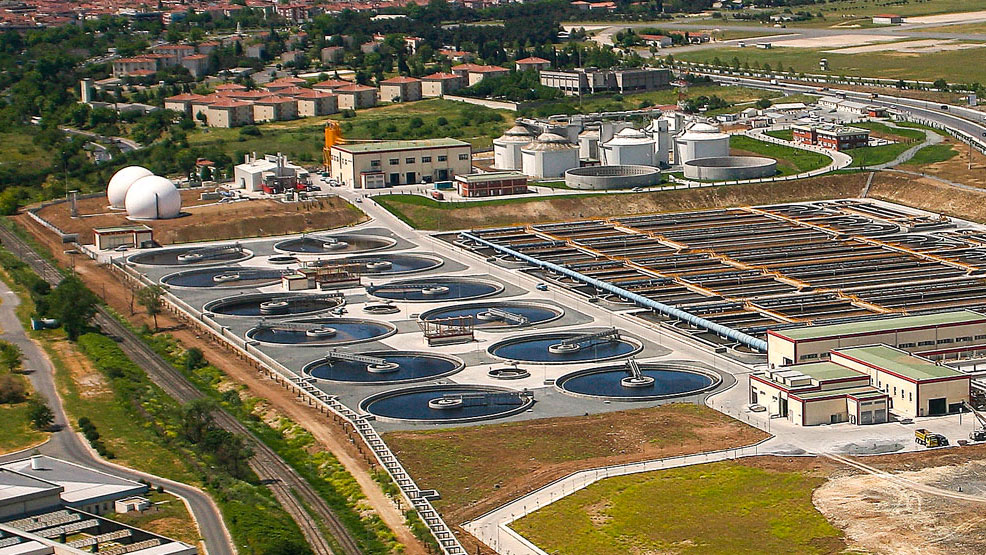
Wastewater treatment Ataköy, Turkey
View reference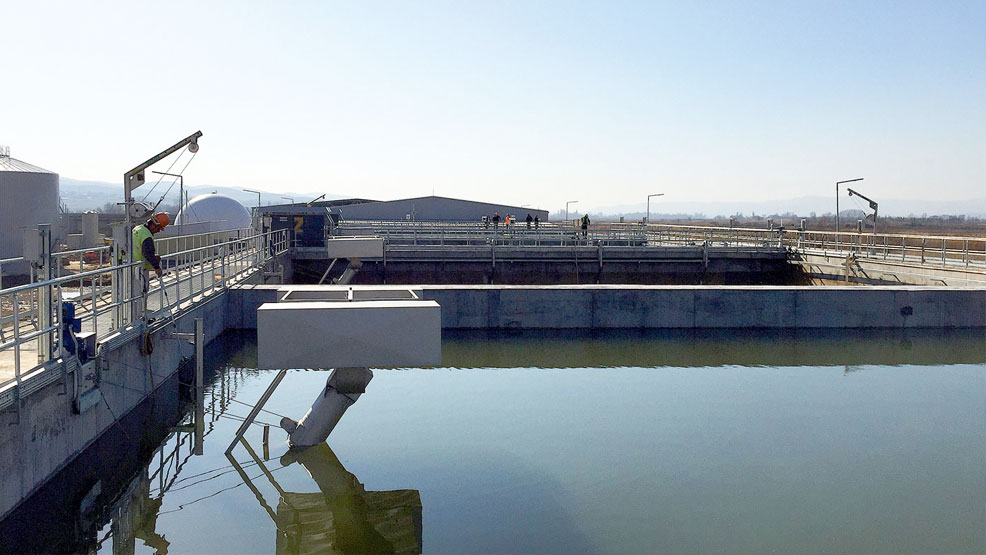
Wastewater treatment, Kočani, North Macedonia
View reference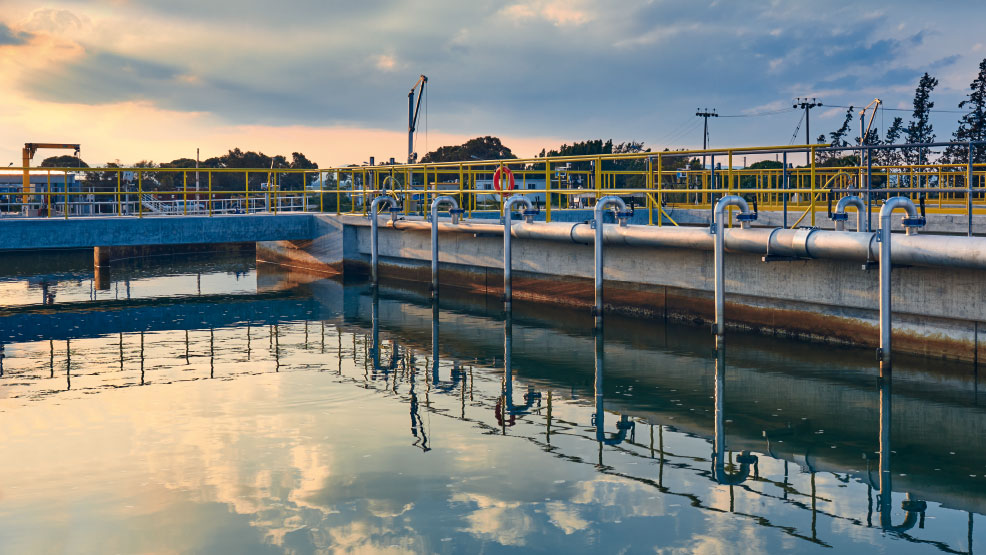
Wastewater treatment Larnaca, Republic of Cyprus
View reference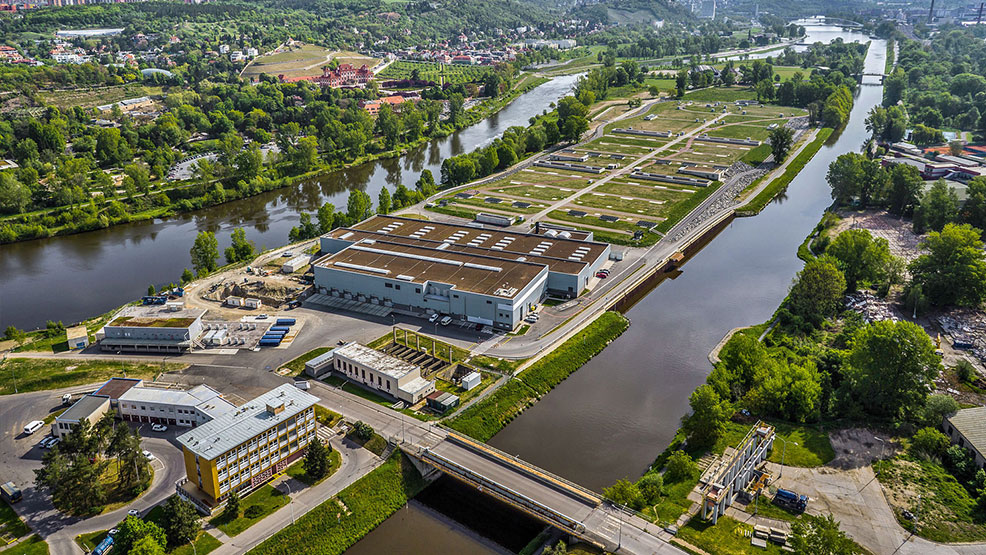
Wastewater treatment, Prague, Czech Republic
View reference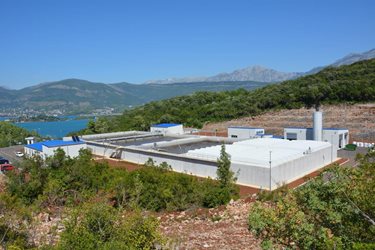
Wastewater treatment Tivat-Kotor, Montenegro
View reference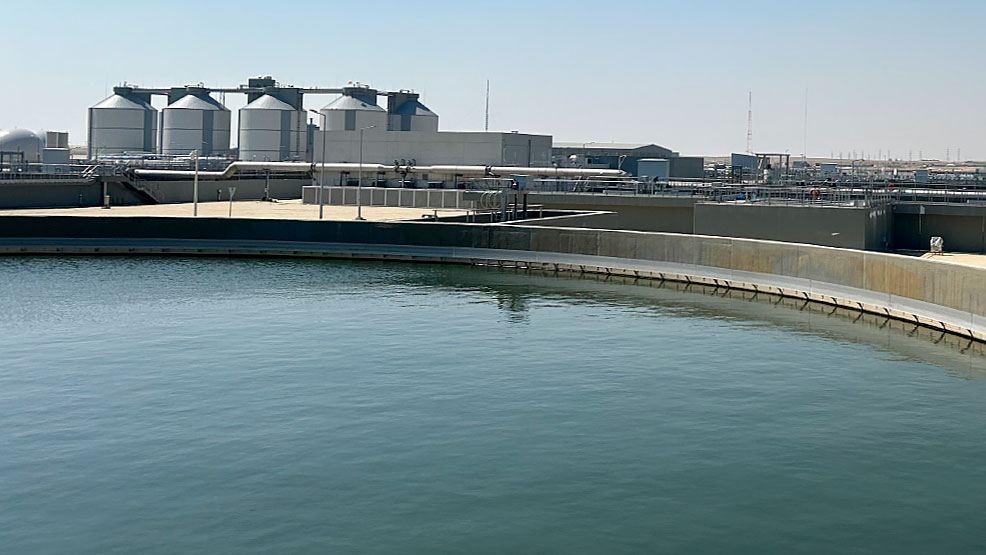
Wastewater treatment Umm Al Hayman, Kuwait
View reference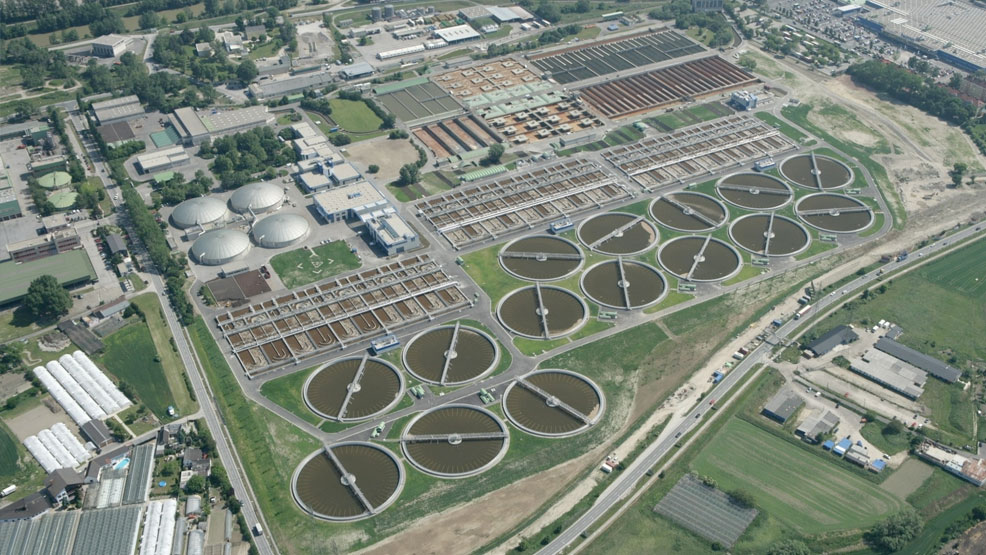
Wastewater treatment Vienna, Austria
View referencePhone: +49 201 8968 500
Email: info@wte.de